The risks photography businesses face can be significant. So are the costs associated with these risks. Camera insurance is a must.
Whether you’re a serious hobbyist photographer or a seasoned pro.
At the very least, camera insurance will help you replace a cracked lens. Photography insurance will also protect you from potential lawsuits.
Here’s what you need to know about camera insurance.
When you buy photography or camera insurance, use a company that specialises in photography. General insurance brokers may not be able to tailor the policy to your requirements.
As with any type of insurance, there are a lot of variables. Understanding what your needs are will help you determine the best photography insurance.
Equipment insurance will be an option that you can choose as part of your DSLR camera insurance package.
Photography gear is very expensive. The damage caused to a dropped lens may cost you thousands of dollars if they aren’t insured.
No matter how careful you are, accidents happen more often than you think.
Tripping over a tethering cable can mean knocking over your laptop and tripod. And your expensive camera.
This is not an option you should skip over, as the likelihood of needing it sooner or later is great.
When speaking with the photography insurance company representative, be specific. Make sure you discuss the fields in which you photograph. It may influence the final price of your policy.
For example, if you’re a wedding or landscape photographer, you might need to pay more. This is due to you shooting outside of a studio environment. It leaves you more exposed to theft and accidents.
Depending on the company, this may not have any bearing. But it’s good to be up front and direct with your broker.
One word of warning: be careful about making small damage claims. As with many types of insurance, making a claim can cause your premium to go up.
You’ll save more money in the long run by shelling out for the cost of minor repairs.
Save the camera equipment insurance for bigger claims. Theft or the so-called “acts of god” like fire and flooding, or extensive damage to your camera or lenses.
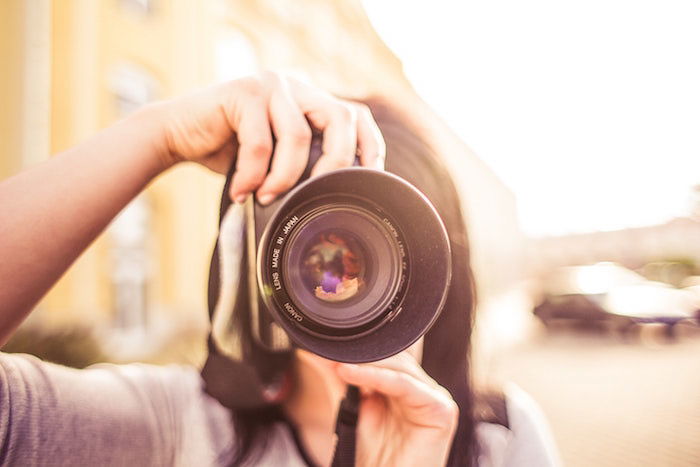
If you want to work with clients, you need to have photographers insurance before you set foot on set. The potential for disaster is too great.
Say, for example, you’re hired to shoot menu items at a restaurant. And then a customer injures themselves tripping over an extension cord or USB cable. They could end up suing the restaurant.
You would be part of that lawsuit, and it might be at great cost if you are not insured.
Weddings are another example where there is much potential for things going amiss. There are so many people around and you as a photographer may need to act fast to get certain shots.
General liability insurance covers your business, property, and employees. And you also cover those who you come into contact with.
Your liability insurance policy will cover these risks. A general liability policy insures against claims of bodily or personal injury. Also, property damage, sustained by a third party.
The general liability policy will cover the legal fees. And the costs associated with your legal defence. This includes settlements, and property damages. (commercialinsurance.net)
Depending on what country you live in, you may need worker’s compensation insurance. Make sure that any contractors you hire to assist you are completely covered.
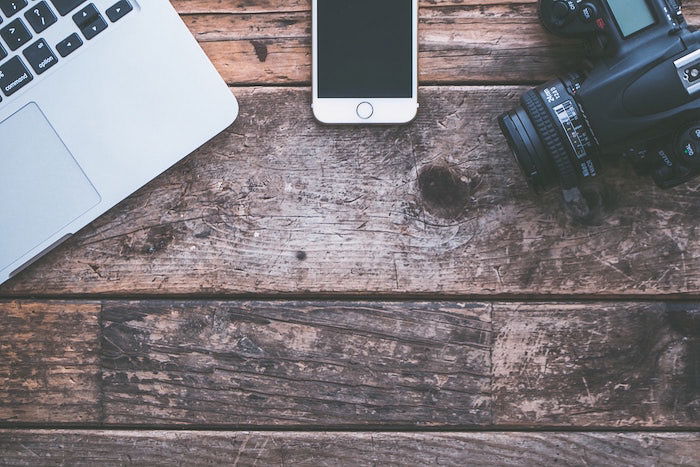
Also known as Indemnity Insurance. The Errors and Omissions Insurance protects your reputation. And it covers any costs associated with undergoing a lawsuit.
Running a business that provides professional services comes with certain liabilities. For example, there can be problems with contract breach, making oversights or errors.
Or providing incomplete work or work considered below the expected standard. Generally, although not always, the claim involves financial damages. There could be a claim of physical injury against your business.
This type of insurance applies to professions with a professional code of conduct. Or a profession with standards used to assess your services.
Your client may experience a financial loss as a result of your work together. They can try to recover their expenses by filing a lawsuit against your business.
Your quality of service is something that is subject to interpretation. And courts will determine it.
You may not have actually done anything wrong and still have legal problems. You may be dealing with a difficult client who can’t find satisfaction no matter what.
Bottom line. Your client might decide to express their discontent via a lawsuit. And then you’re in hot water. Unless you have Errors and Omissions coverage.
This photography Insurance will cover legal defence. Including court costs, and any settlements and judgements.
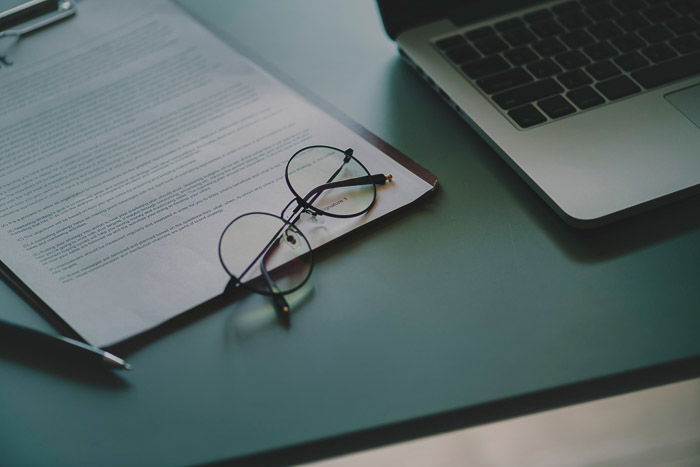
You’ll need to research several options. And find the camera insurance that covers your needs at the most reasonable price.
Before you do any of that, though, calculate the total cost of the equipment you want to replace. Think about whether you want your policy to cover the stated value or the actual cash value of your gear.
Actual cash value is the depreciated value of your gear.
It may be difficult to buy replacement gear with what you’d get from a claim with a cash value policy.
With stated value, the amount you originally paid is what you’d get in the event of a loss.
It’s much closer to the amount you’d need to buy new replacement gear. It’s also a more expensive type of camera insurance for photographers.
Once you know what you’re looking for, get quotes that meet your criteria. Then decide which ones you can forego. For example, most amateurs won’t need Indemnity Insurance.
The final cost should reflect this.
Also, you may not want to take out worldwide coverage. This will depend on your niche and where you’re shooting.
Are you a professional photographer working abroad? It might be cheaper to hire insured gear on location. And you can remove the worldwide cover from your policy.
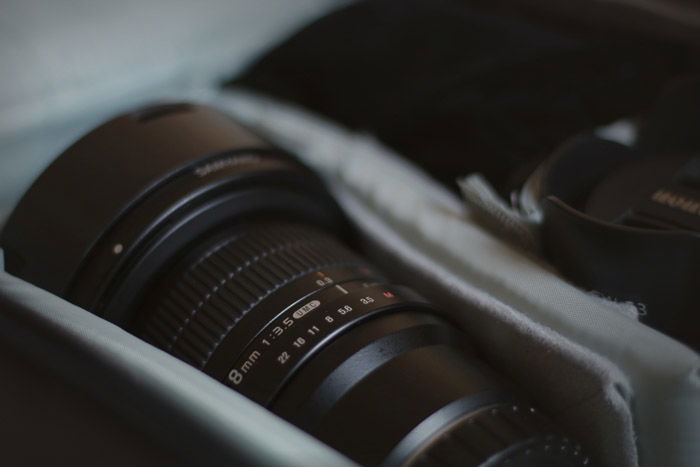
There’s a deductible/excess you agree to pay if an accident or loss should occur. This can affect the premium price of the policy. The higher the deductible, the lower the premium and vice versa.
Be sure to know exactly what your coverage offers. Buy further policy extensions if necessary.
But don’t let yourself tricked into adding in extras to your policy that you may never use. This includes indemnity insurance if you’re an amateur photographer. Or travel cover if you don’t photograph abroad.
Amateurs may have some coverage on their home owner’s insurance. This usually only covers theft or natural disaster, as opposed to accidents. Check your policy.
Also note if you don’t leave equipment in your car overnight you may be able to reduce your premium.
Be direct and honest with the broker to make sure you get the policy you want. This covers you in the event you need to make a claim.
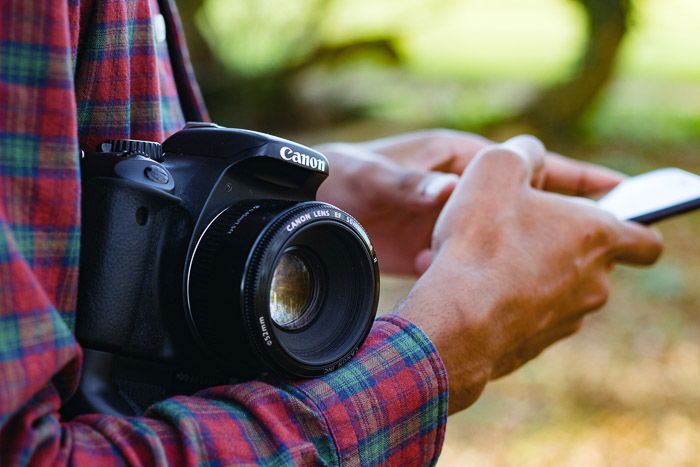
Identify in the small print what the claims process is. And how long you could be waiting for the payout.
If you’re currently running a business, replacing your gear will be vital.
As mentioned above, review the cost of the deductible against the total for the premium. Is it reasonable?
Consider all the clauses of the contract. What might look like a good deal on the surface may actually not be so great once you start looking at the fine print.
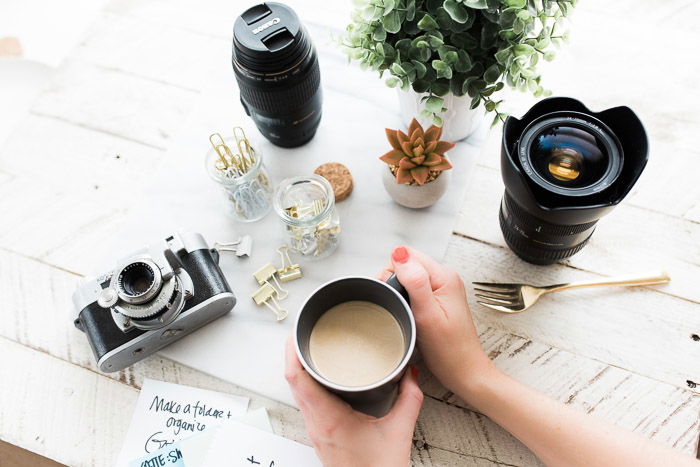
There are many companies offering insurance for photographers. Here are a few to explore:
Professional Photographers of America (PPA) Photo Care Insurance – This is one of the most popular photographer‘s insurance company’s out there.
Photo Care’s DSLR camera insurance covers loss due to fire. It also covers photography equipment and computer hardware breakage.
Hill & Usher – Another popular option, the company’s ‘Package Choice’ camera equipment insurance. This covers professional liability, photography gear, computers and portable electronics.
It’s one of those companies that offers options based on photographic niche.
HISCOX – Offers $10,000 of coverage for studio equipment. Extra coverage is available for portable items such as your camera or laptop. Electronic data loss insurance is also available.
E & I Insurance – Deals in a variety of different types of insurance. But also offers camera equipment insurance for both amateurs and pros.
Imaging Insurance – Imaging Insurance sets no limits on the maximum value of single items. It provides worldwide cover and protects equipment left in unattended vehicles.
AON – Australian company specialising in insuring those in the entertainment and media industries.
Insurancewide – US-based company offering photographers coverage for theft and accidental damage. This is to their photographic equipment as well as liability.
Front Row Insurance – Based in Canada. They are an insurance broker that negotiates on your behalf. This is to get the best coverage at the lowest premium from camera insurance companies.
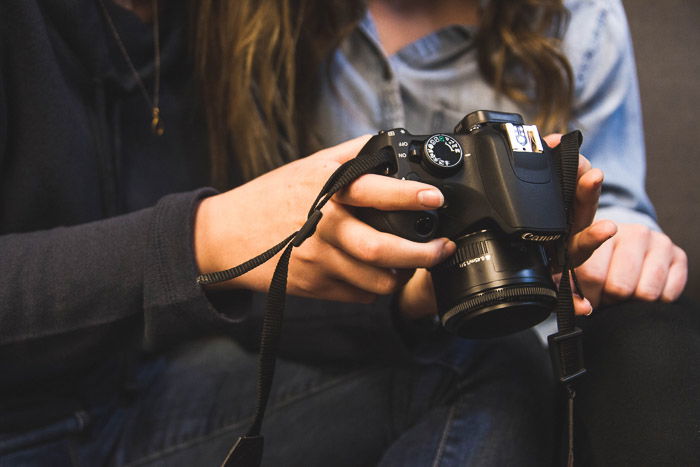
A single claim can be devastating to a business. Sometimes damages and injuries are real. Other times, lawsuits can be baseless and frivolous.
You need to be well prepared for either occurrence. Work with a licensed insurance professional. This will help you determine what camera insurance policy you need.
This is also for any employees who may also work with clients providing services.
Sometimes, a general liability insurance policy will be enough. A broker can help you figure this out.
For more information on protecting yourself as a photographer, check out our articles of when you need a photo release form or what your photography contract should include.